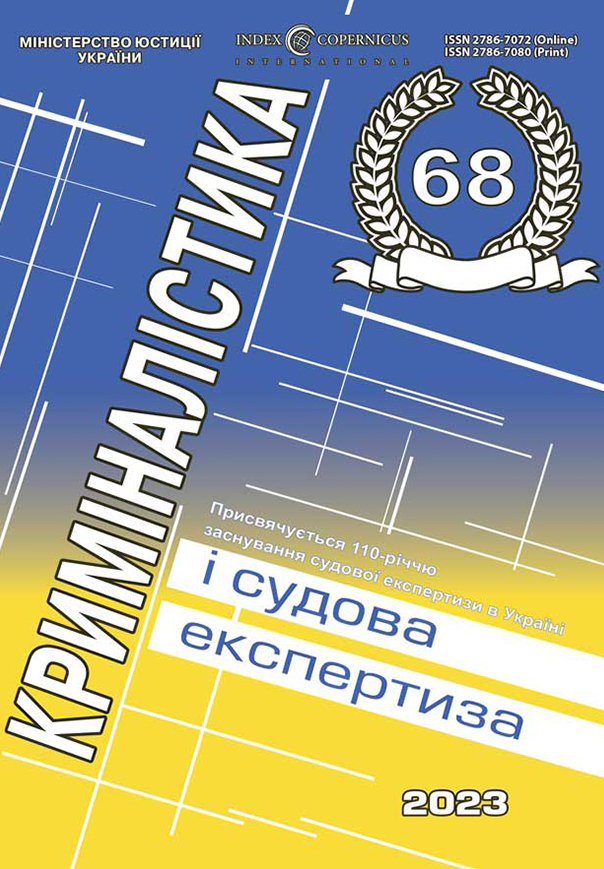
DOI: https://doi.org/10.33994/kndise.2023.68.24
V. Zinukhova
The article analyzes a number of provisions on the researched topic. It was assumed that force majeure or force majeure is a general basis for exemption from civil liability, both contractual and non-contractual. In the work, we considered the circumstances of liability in cases of violation of non-contractual obligations under martial law. Also, specifics of the legislative requirements for recognition of certain circumstances of force majeure have been established. The consequences of the application of such circumstances and other features were determined. And they also formulated the conclusions that even under the conditions of martial law, force majeure is not an automatic basis for exemption from the fulfilment of obligations under contractual relations and from the obligation to indemnify damages in noncontractual obligations, etc.
It is noted that a comprehensive approach to the study of this problem in modern realities is practically absent and has no systematic applied research in the conditions of martial law. Issues related to force majeure are one-sided. But, more often than not, in scientific studies, either the historical aspects of the formation of the «force majeure» category are revealed, or only the characteristics of certain types of force majeure are provided, and the problem of recognizing certain life circumstances as force majeure and the consequences of these circumstances are not analyzed. There is no clear definition of the place of the category «force majeure» in the conceptual apparatus of civil law and legislation of Ukraine. To date, the specifics of force majeure (as grounds for exemption from liability for breach of obligation), etc., have not been established. There is no distinction between force majeure and related legal phenomena (accident, risk, impossibility of performance, significant change of circumstances).
The purpose of the study is to analyze the concepts of «force majeure» and «insurmountable force», the signs and characteristics of such concepts and the question of the possibility of their identification, the determination of cases that are not considered force majeure in judicial practice, despite the existing extraordinary circumstances during martial law.
In summary, we note that even under the conditions of martial law, force majeure is not an automatic basis for exemption from the fulfilment of obligations under contractual relations and from the obligation to compensate for damage in noncontractual obligations. The party to the contract must confirm not only the fact of the occurrence of force majeure circumstances but also their ability to influence the real possibility of fulfilling the obligation. Although the letter of the Chamber of Commerce attributes the fact of war to force majeure. However, this fact alone is not enough to establish the legality of a person’s failure to fulfil obligations due to such circumstances – the law provides for a specific method of confirming force majeure by obtaining a corresponding certificate from the Chamber of Commerce and Industry of Ukraine. In turn, in court practice (not having a prejudicial character) it is considered and evaluated on a par with all other evidence.
Key words: cases, martial law, treaty, commitment, substantial change of circumstances (hardship), the contract, impossibility of performance, irresistible force, agreement, force majeure.










